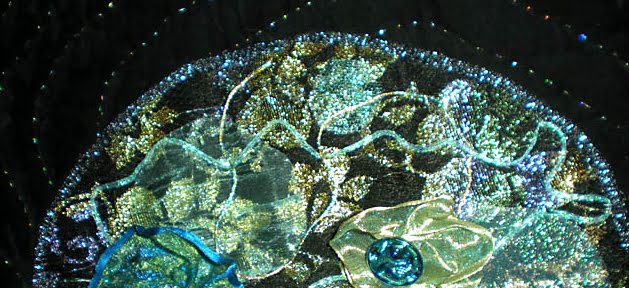
How dare I write a post about indie versus traditional publishing, when I'm only on the brink of releasing my first-ever indie book? Well... over the summer I've discovered a big difference. It has to do with how emotionally invested one is in the book.
See, the publication timeline for a writer who already has a contract with a traditional publisher goes like this:
Day 1 - Send in reasonably proofread MS for Book One
Day 2 - Start Book Two
.
Day 30 - Editor calls to discuss a "few little changes" to Book One
Day 31 - Sulk. Pout. Tell your best friend that evidently the only thing the editor liked about the book was the page numbers.
Day 32 - Pour a large cup of coffee and get on with the revisions, except the thing in Chapter 14 that you really really hate and have quietly decided not to do
Day 33 - Set the revised Book One aside for two weeks, because you've learned that if you scoot it right back the editor won't believe you actually did the revisions. Resume writing Book Two.
.
Day 47 - Send in the revised MS of Book One with a note claiming you did all the revisions. Hope editor is too busy to check on that thing in Chapter 14. Continue writing Book Two.
.
.
.
Day 200 - Finish Book Two. Put it aside for proofreading in a couple of weeks.
Days 201-203 - Go wild, dance in the streets, rot your mind with a sappy movie.
Day 204 - Start Book Three
.
.
.
Day 250 - Editor sends copy of completed cover, into which you have had no input, for Book One. The cover seems to bear little or no relation to any of the characters, settings, or events in Book One, but then it's a long time since you've read it.
.
.
.
Day 350 - Book One is published!
(sound of rose petal wafting down into Grand Canyon)
Day 365 - Your copies of Book One arrive. By now you feel that Book One isn't the striking work of genius you once believed it to be. Stack copies of Book One in back bedroom and get on with the new love of your life, Book Three.
A few times around this cycle and you realize you will never get excited at publication time, because by then you've practically forgotten Book One and are emotionally invested in the book you're writing now.
Now, apart from the fact that I write a lot faster now that I'm not dealing with a publisher who expects one book a year, here's what my publishing schedule for indie looks like:
Day 1 - send proofread MS of Insurgents, blurb, and back cover copy to the nice man who's going to do the cover art and formatting, with some notes on your vision of the cover
Day 2 - start Awakening
Day 14 - Artist sends sketch for Insurgents cover. Bounce preliminary sketch back and forth a few times until you're both satisfied with it.
Day 20 - Receive e-formatted version of Insurgents and put it on your Kindle for proofreading.
Day 21 - Realize that your previous proofreading was not perfect. Ask for half a dozen changes.
Day 28 - Agree on final version of cover.
Day 29 - Start Pinterest board for Insurgents
Day 40 - Finish Awakening
Day 41 - Receive corrected e-book of Insurgents
Day 42 - Proofread Insurgents again.
Day 43 - Start Survivors
Day 48 - Decide to release Insurgents in ten days, because you suspect just before Labor Day isn't a good time for it
Day 49 - Read through Insurgents yet again, this time looking for good lines you can excerpt and put on your Pinterest board for Book One, or ideas for pictures you can use there.
Day 55 - Upload Createspace and Kindle versions of Insurgents to Amazon
Day 58 (maybe) Book goes live on Amazon!
(sound of rose petal wafting down into Grand Canyon)
The big difference to me is that the time elapsed is much less and I am doing stuff with Book One throughout the process, so when it comes time to upload and release Book One is still one of my darling children.
Full disclosure: the indie schedule is semi-fictional, because what really happened was I wrote Awakening first, realized it should not be the first in the Harmony series, then wrote Insurgents and sent both of them off together for cover art/formatting. The above is my guess about what it would have looked like if I'd written the first book first.










